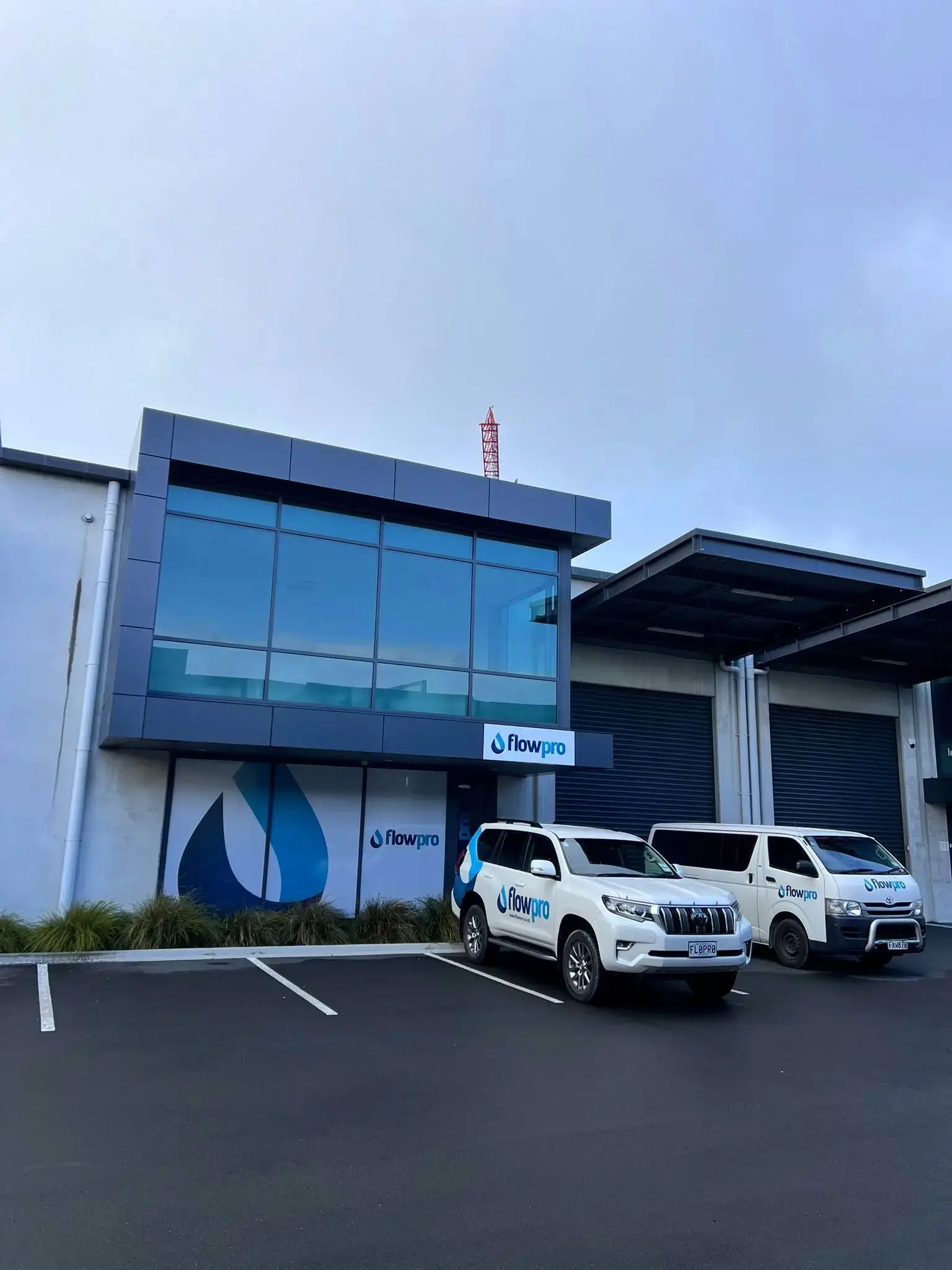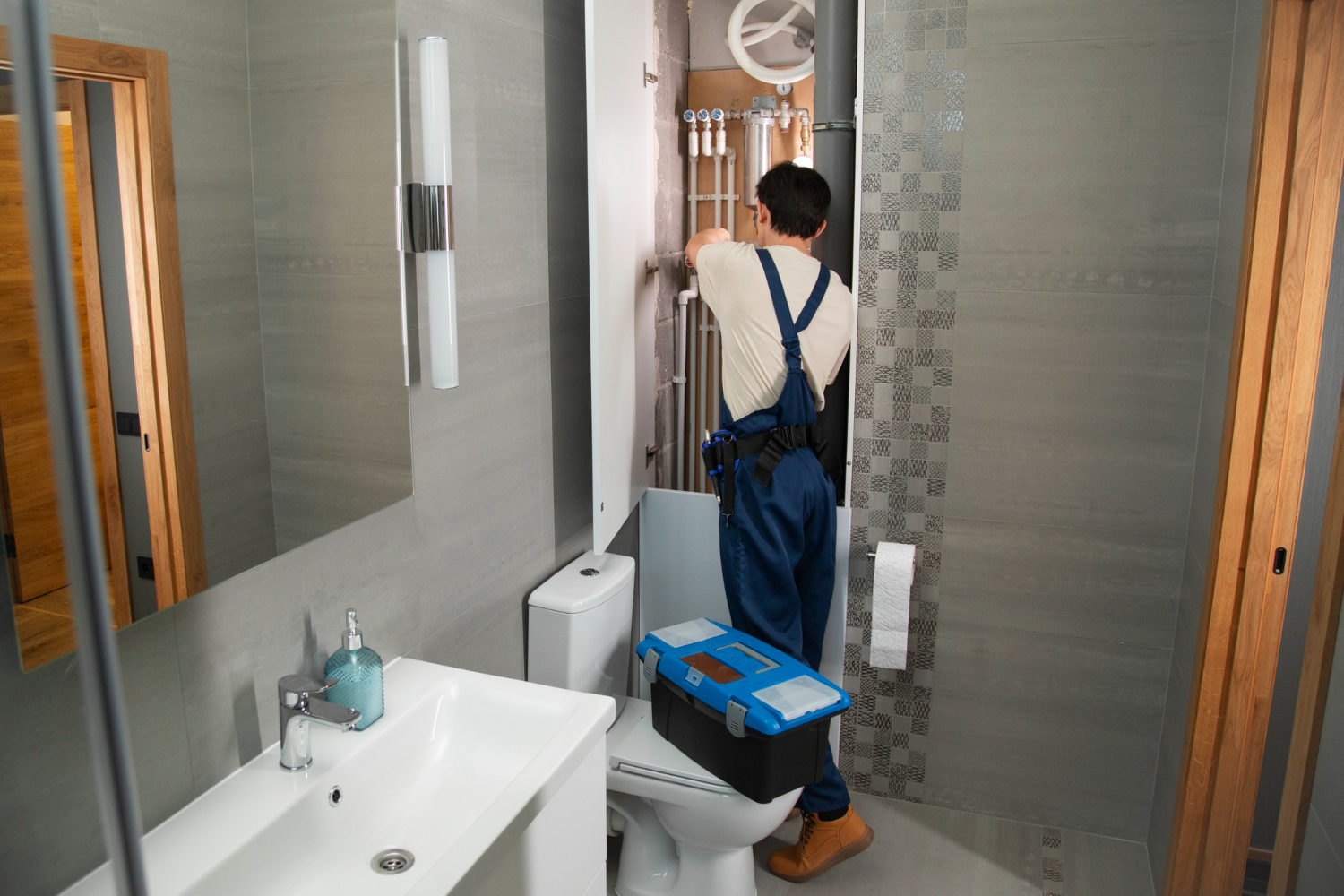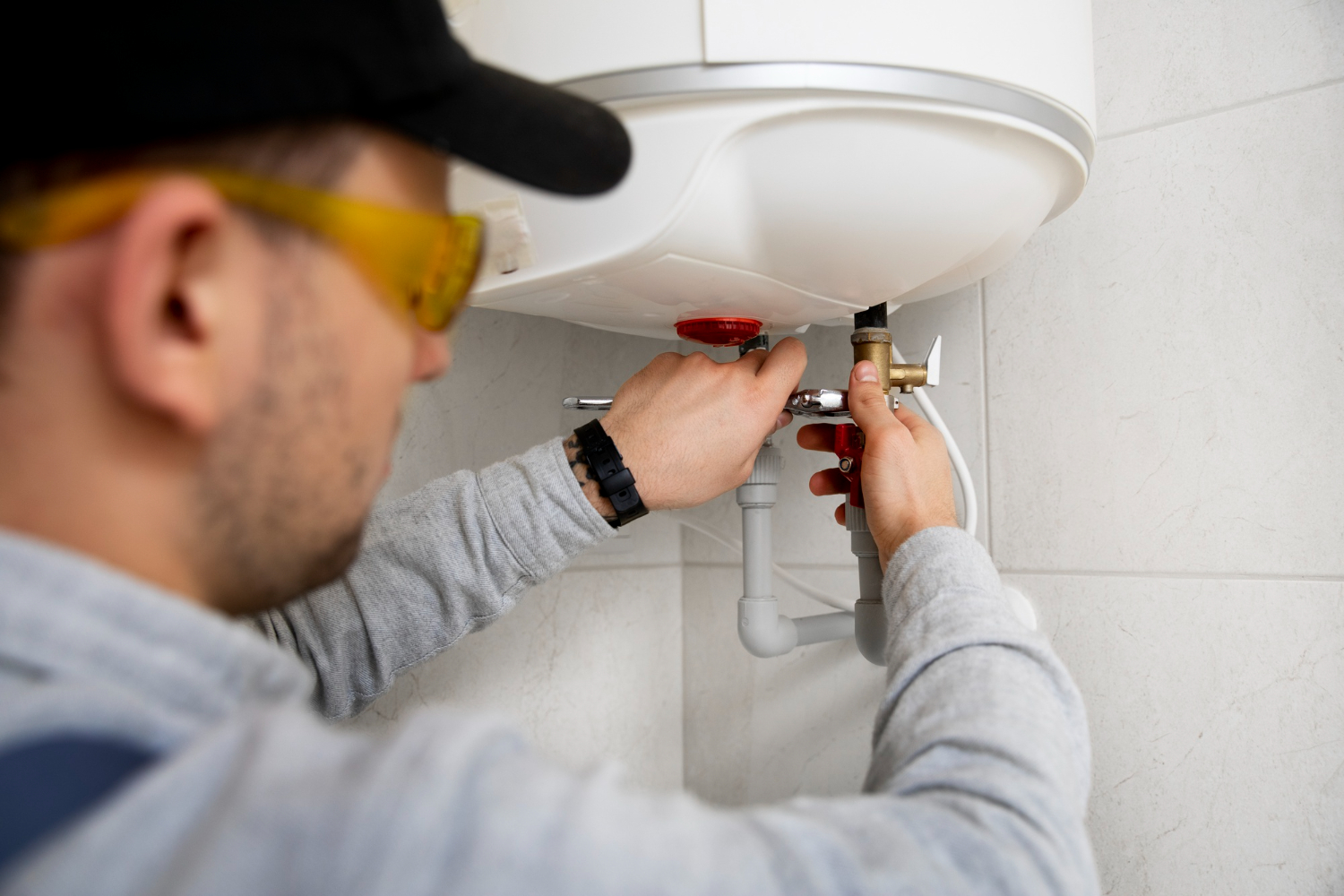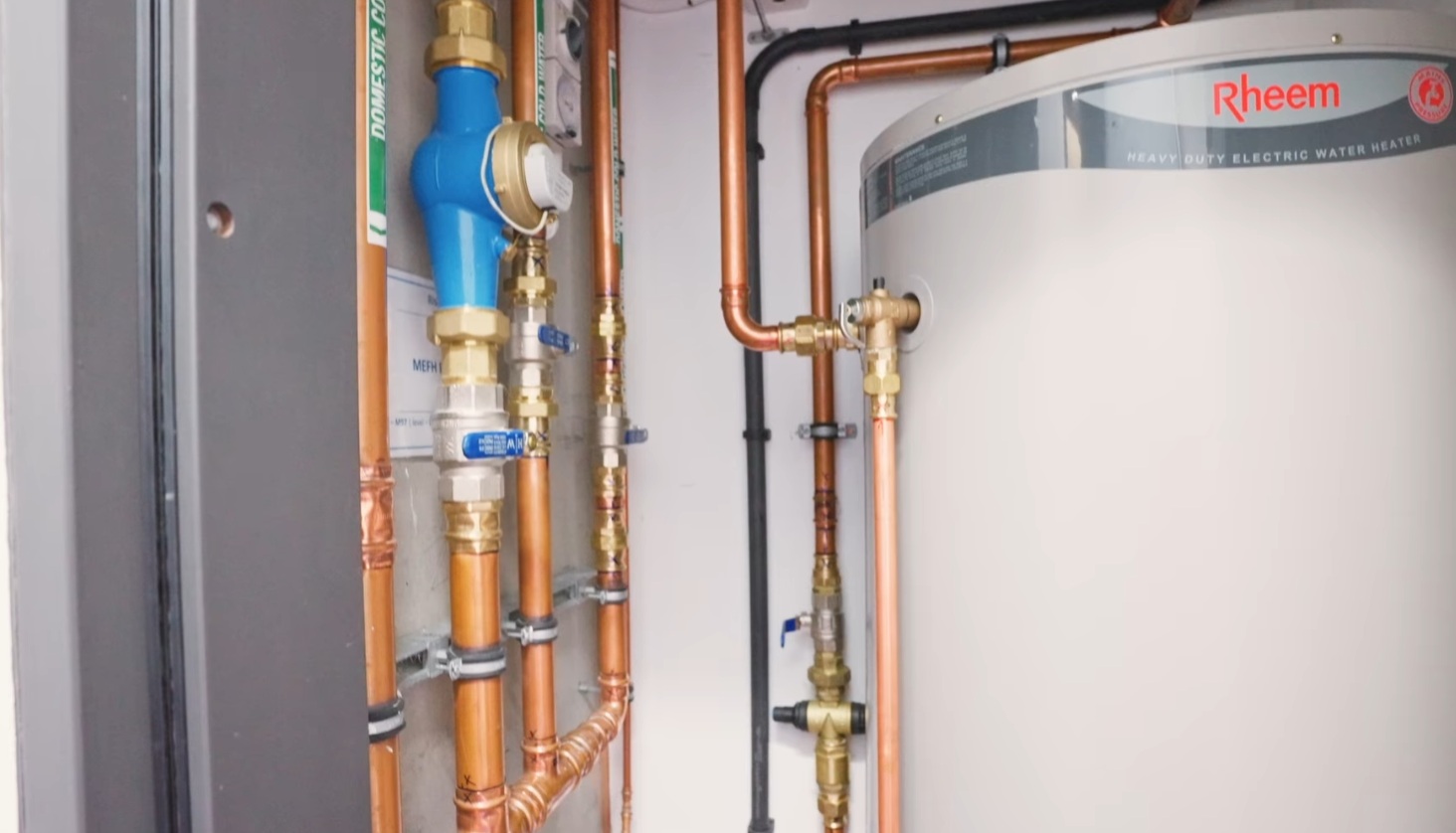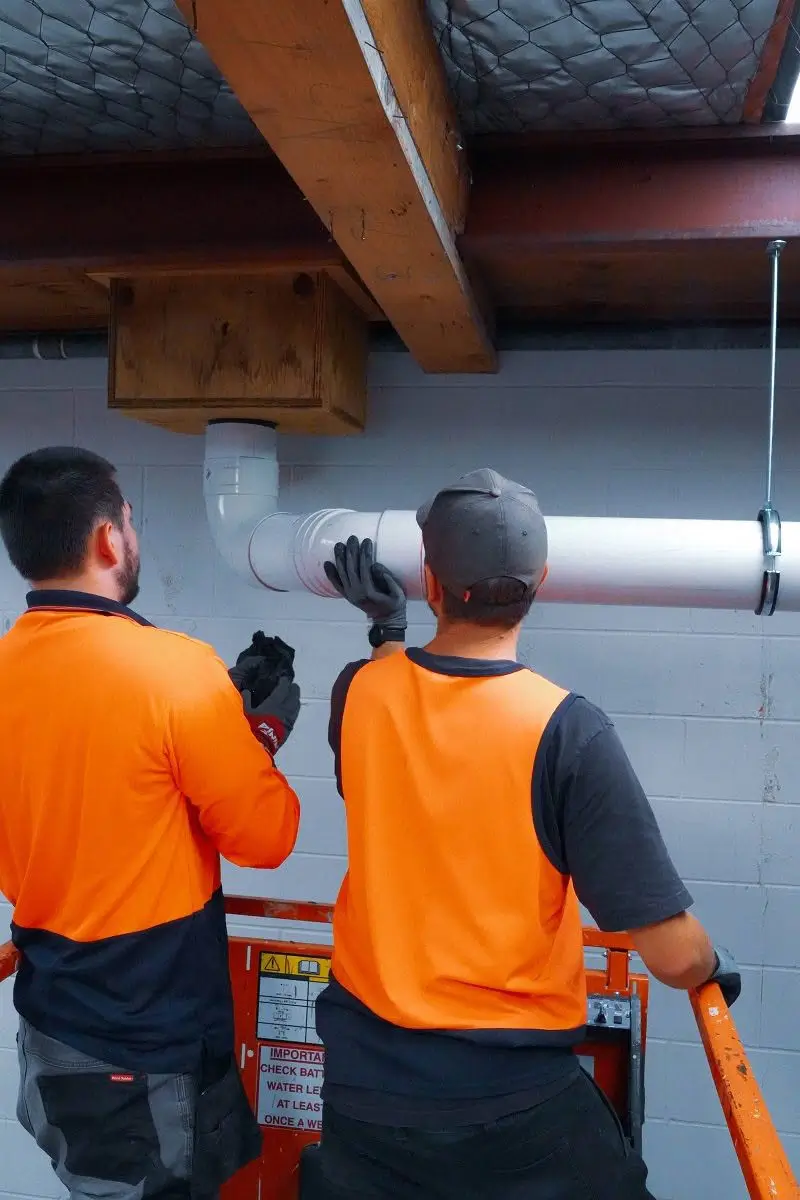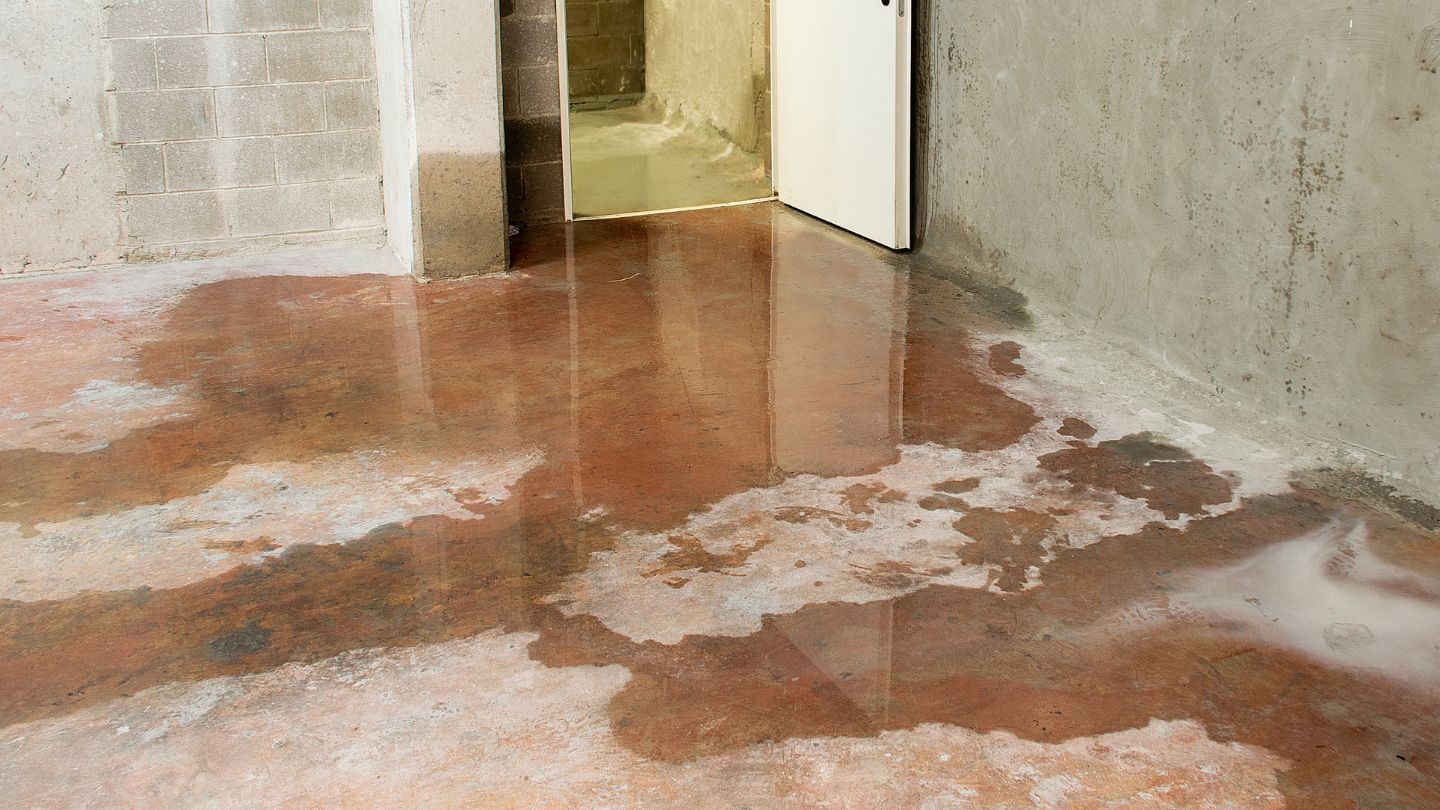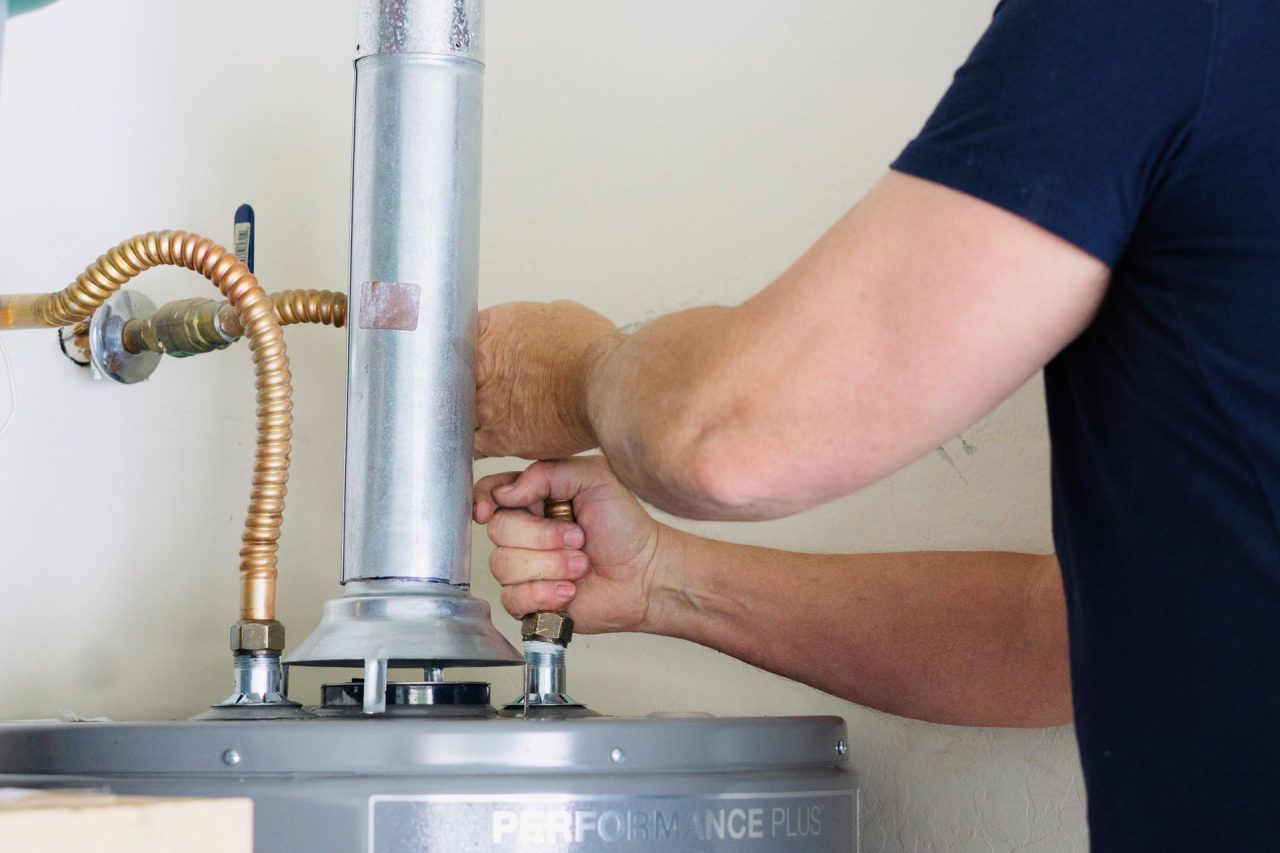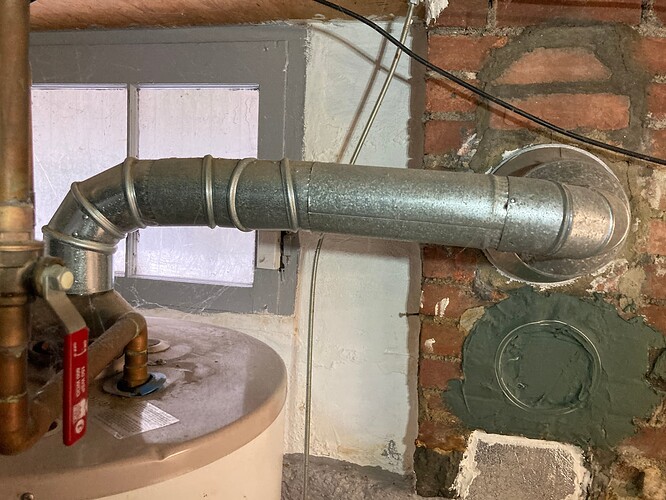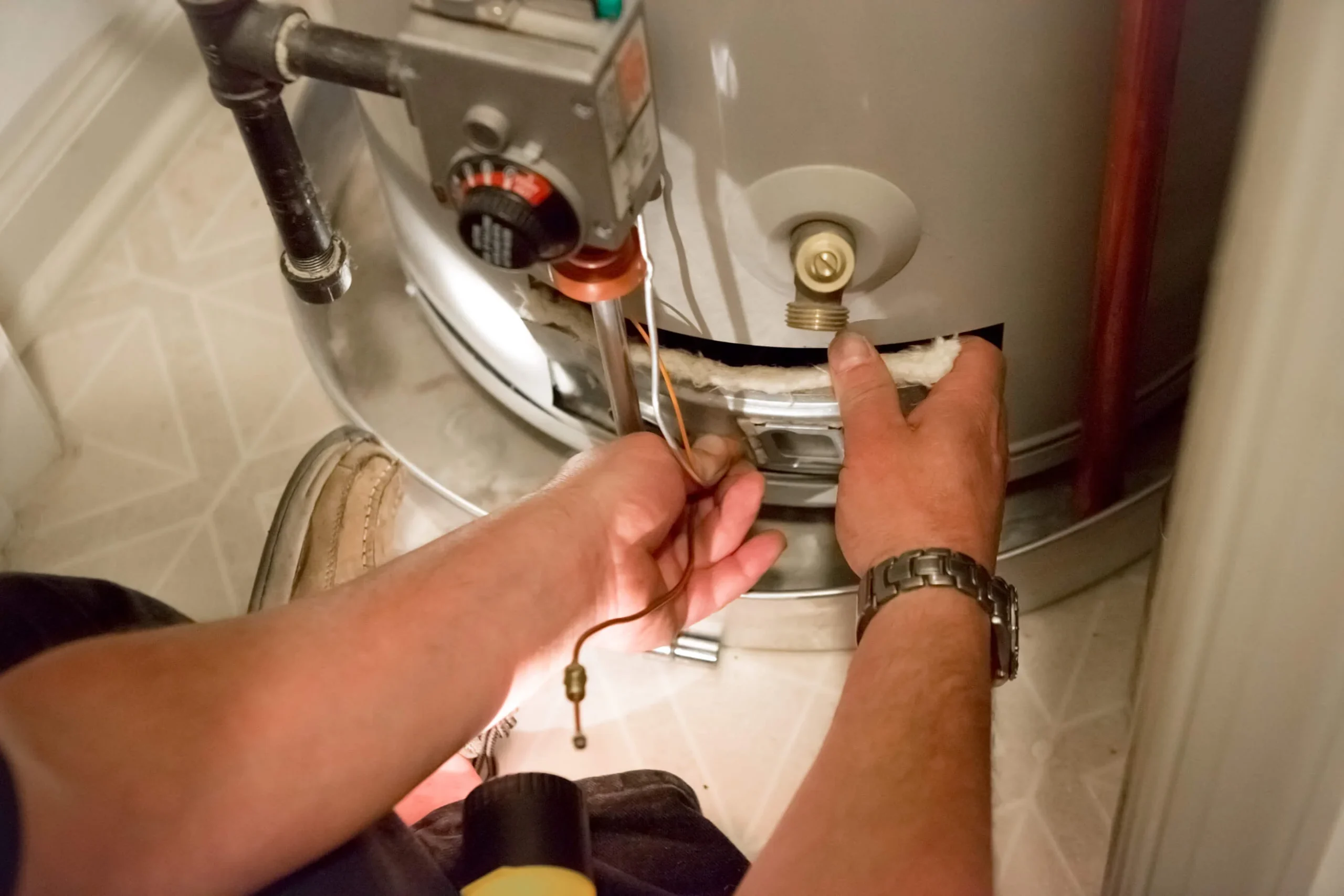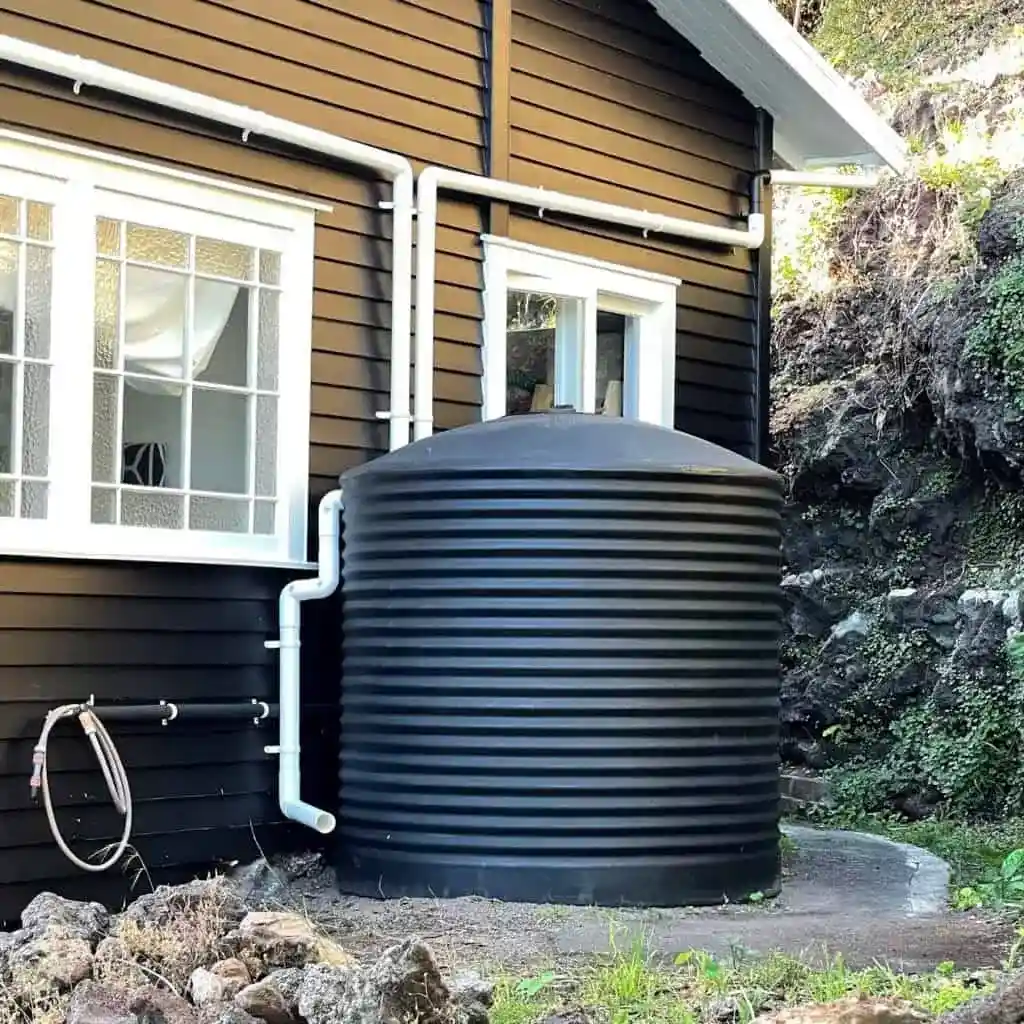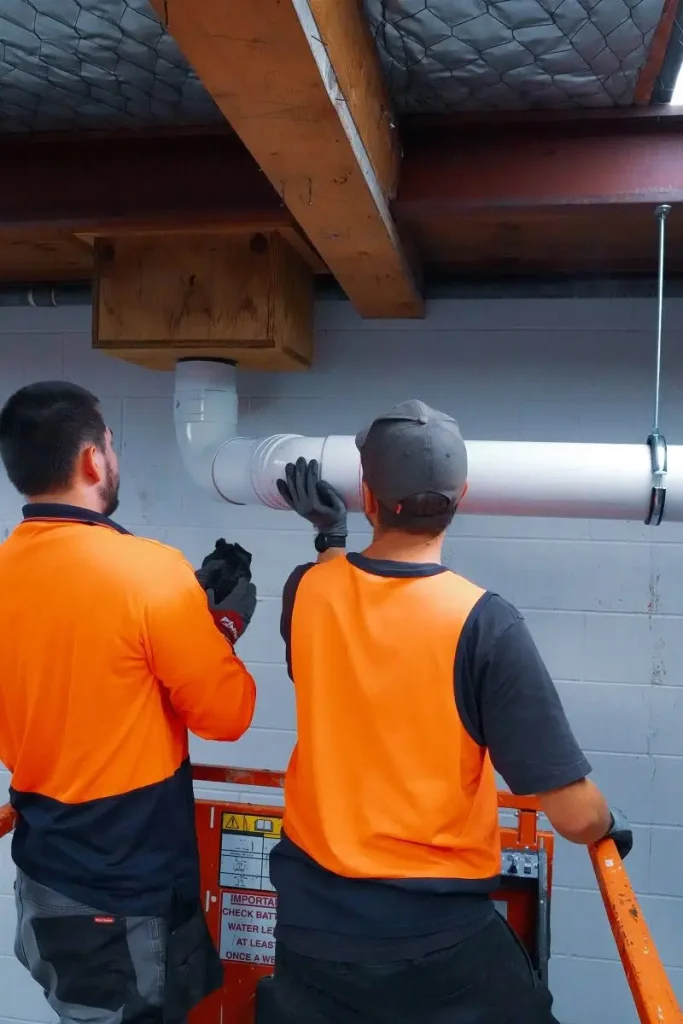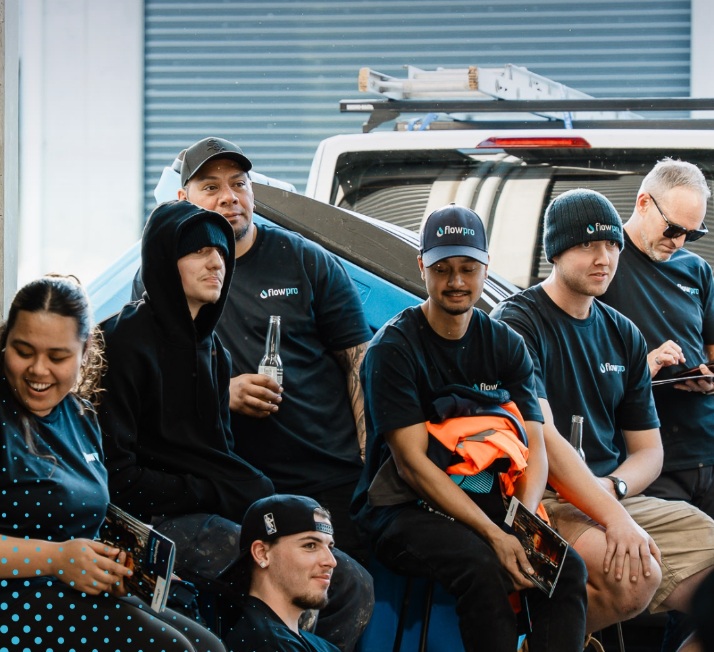Intro and key takeaway
In Auckland you rely on your hot water cylinder for everything from morning showers to washing dishes. One of the top questions we hear is how long do hot water cylinders last? On average you can expect 10 to 20 years of service, and some high-grade stainless steel models even reach 40 years under ideal conditions. Good news, you can take simple steps to stretch that range further by choosing the right material and keeping up with basic care.
Key takeaway: regular maintenance and a quality build add years to your cylinder’s life.
Average cylinder lifespan
Hot water cylinders come in different materials and designs, so their lifespans vary:
| Cylinder type | Average lifespan | Notes |
|---|---|---|
| Mild steel (glass lined) | 10–15 years | Internal lining slows corrosion |
| Copper | 15–20 years | Naturally corrosion-resistant |
| Stainless steel | 20–40 years | Thick metal resists rust |
| Indirect cylinder | 15–30 years | Works with high-efficiency boilers |
Auckland’s relatively soft water helps slow down corrosion (hard water can speed it up). To see how the parts fit and why lining matters, check how does a hot water cylinder work.
Factors affecting service life
Several elements shape how long your cylinder keeps working:
- Water quality and pH
Acidic or mineral-rich water erodes metal faster. In areas with higher acidity you may see corrosion spots sooner. - Usage patterns
Households with heavy demand (large families or multiple bathrooms) cycle the cylinder more often, which can wear out components quicker. - Manufacturing quality
Well-known brands like Viessmann and Worcester Bosch often use thicker steel and better welds. Cheaper models may cost less upfront but risk earlier failure. - Installation and environment
Poor venting, pipe stress or exposure to damp basements can create rust hotspots. A correctly installed cylinder in a dry, ventilated space lasts longer. - Maintenance history
Skipping annual service or ignoring small leaks lets sediment or rust build up, speeding damage.
Understanding these factors helps you choose wisely and plan for replacements.
Maintenance to extend life
Good care adds years to a hot water cylinder. Aim for annual checks and simple tasks you can tick off:
- Flush the tank once a year
Removes sediment that traps heat and corrodes metal. - Inspect the anode rod (sacrificial rod)
Replace it if it’s more than 50% worn to protect the steel walls. - Test the pressure relief valve
Lift and release it (while hot water is off) to clear blockages. - Bleed radiators or pipes (for unvented systems)
Prevents pressure buildup and reduces stress on joints. - Insulate tank and pipes
A good jacket and pipe wrap cut heat loss and reduce cycling. - Consider water treatment
A softener or inline filter can lower mineral deposits. - Keep a service log
Note every inspection and repair (good for warranties and future buyers).
Follow these steps and ask your gasfitter or plumber to handle any complex checks. A little upkeep goes a long way.
Signs it’s time to replace
Even with care, cylinders age. Look for these warning signs:
- Visible corrosion or rust stains around valves or base
Indicates metal thinning and potential leaks. - Consistent leaks or drips from tank or fittings
Small leaks often turn into big floods. - Rumbling or popping noises
Sediment pockets heat unevenly (you may hear cracking or banging). - Inconsistent water temperature or capacity
You run out of hot water sooner, or temperature swings. - Discoloured or metallic-tasting water
Points to internal corrosion flaking into your taps. - Frequent anode rod replacements
If you replace it every year, the cylinder walls may be degrading too.
When you spot one or two signs it’s time to plan a swap. Catching wear early saves on emergency service calls and hot water cylinder repairs.
Recap and next steps
- Expect 10–20 years from most cylinders (up to 40 in top stainless models).
- Know your water quality, usage and build quality drive lifespan.
- Stick to annual flushing, valve tests and rod checks.
- Watch for leaks, noise or discoloured water as replacement cues.
Ready to make a smart choice? Flowpro’s Auckland team can recommend the right cylinder for your home, handle expert installation and keep up your annual service. Contact FlowPro for a free quotation and enjoy reliable hot water for years to come.
